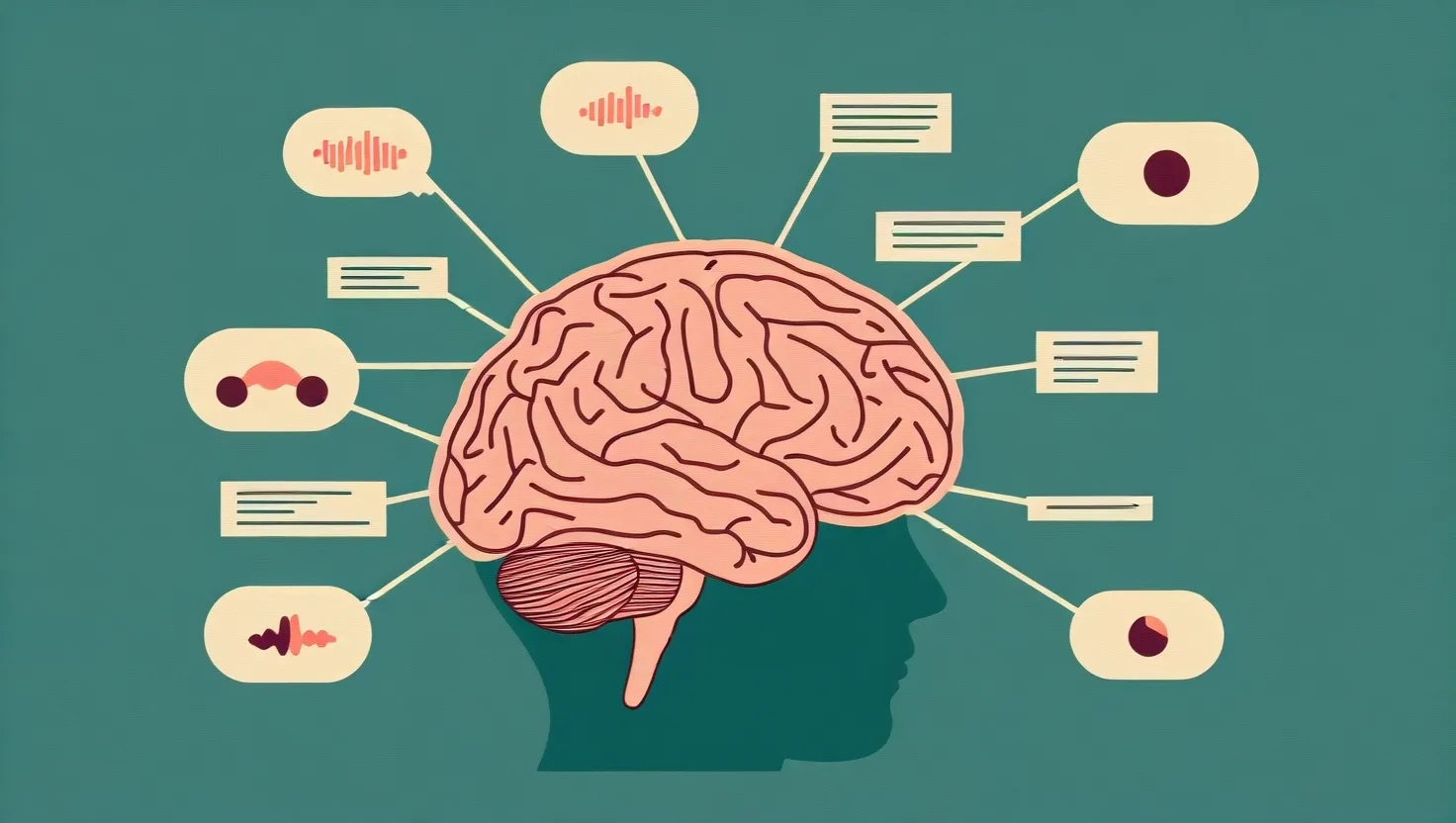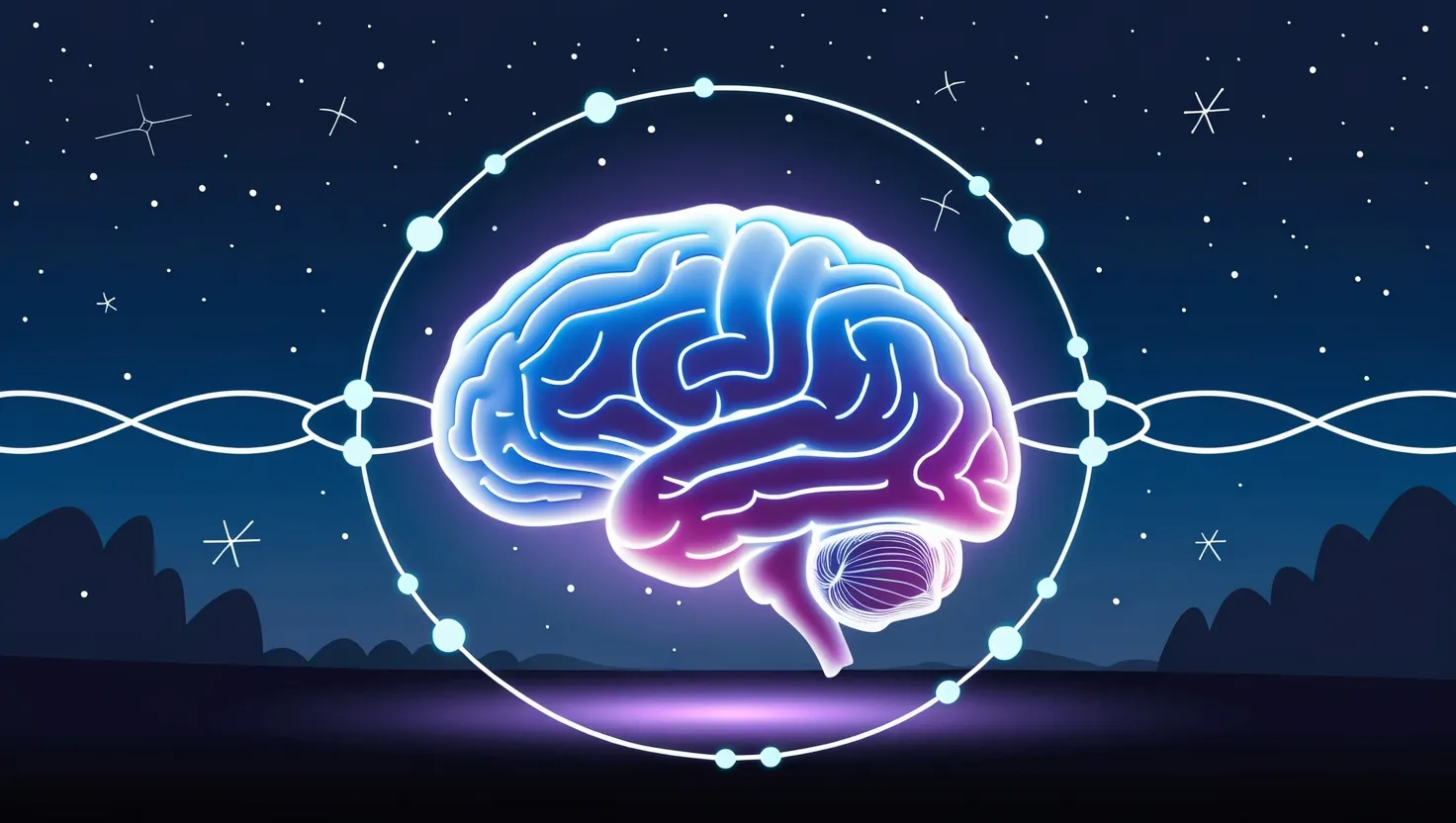In the intricate dance of human decision-making, our minds often rely on mental shortcuts to streamline the process. These shortcuts, known as cognitive biases, can be both beneficial and detrimental, depending on the context. Here, we delve into seven fascinating cognitive biases that shape our judgments and decisions, often in subtle yet profound ways.
Confirmation Bias: The Filtered Lens
Imagine you’re scrolling through your social media feed, and every post seems to reinforce your existing views on a particular topic. This isn’t a coincidence; it’s your brain’s way of confirming what it already believes. Confirmation bias is the tendency to seek out information that supports our preconceived notions while ignoring or downplaying anything that contradicts them.
This bias is particularly evident in how we consume news. We often gravitate towards news outlets that align with our political or social views, creating an echo chamber that reinforces our beliefs. For instance, an optimist might only read articles highlighting positive economic trends, while a pessimist might focus on reports of economic downturns. This selective information gathering can lead to a skewed understanding of reality, making us less open to alternative perspectives and more entrenched in our existing beliefs.
To counter this, it’s essential to actively seek out diverse sources of information and engage in discussions with people who hold different views. By doing so, we can broaden our understanding and make more informed decisions.
Anchoring Effect: The Power of First Impressions
Have you ever walked into a store and seen a product priced significantly higher than you expected, only to find a similar product at a lower price and feel like you’re getting a great deal? This is the anchoring effect in action. Our brains tend to rely too heavily on the first piece of information we receive when making decisions, even if it’s irrelevant or unreliable.
In real estate, for example, the initial asking price of a house can significantly influence how much buyers are willing to pay. If the asking price is high, buyers might perceive the house as more valuable than if the asking price were lower. This bias can lead to poor financial decisions, as we might overpay for something simply because the initial price set our expectations.
To mitigate this, it’s crucial to gather multiple pieces of information and consider various perspectives before making a decision. By doing so, we can avoid being swayed by the first piece of data we encounter.
Availability Heuristic: The Memory Trap
How often do you hear about plane crashes in the news? Probably more frequently than you hear about car accidents, despite the fact that car accidents are far more common. This disparity in reporting creates an availability heuristic, where we overestimate the likelihood of an event based on how easily we can recall instances of it.
For instance, if you recently heard about a plane crash, you might feel more anxious about flying, even though flying is statistically much safer than driving. This bias can lead to irrational fears and poor decision-making, as we base our judgments on vivid but rare events rather than on actual probabilities.
To overcome this, it’s helpful to seek out statistical data and understand the base rates of different events. By grounding our decisions in facts rather than memories, we can make more rational choices.
Dunning-Kruger Effect: The Blind Spot of Incompetence
Have you ever met someone who is utterly convinced of their expertise in a field, despite lacking any real knowledge or skills? This is the Dunning-Kruger effect at play. People who are incompetent in a particular domain often fail to recognize their own incompetence and instead believe they are performing well.
This bias is particularly problematic in professional settings. For example, an employee might confidently present a project plan without realizing its flaws, simply because they lack the knowledge to understand what constitutes good performance. The irony here is that the very skills needed to excel in a task are also necessary to recognize one’s own shortcomings.
The solution lies in seeking feedback and being open to constructive criticism. By acknowledging that we might not know everything and being willing to learn, we can avoid the pitfalls of the Dunning-Kruger effect and improve our performance over time.
Sunk Cost Fallacy: The Trap of Past Investments
Imagine you’ve bought a ticket to a concert, but on the day of the event, you realize you’re not feeling well. Despite this, you decide to attend because you don’t want to “waste” the money you spent on the ticket. This is the sunk cost fallacy, where we continue to invest time, money, or effort into something because of the resources we’ve already committed, even if it no longer makes sense to do so.
In business, this bias can lead to significant financial losses. For instance, a company might continue to fund a failing project simply because they’ve already invested a lot of money, rather than cutting their losses and moving on. This decision is driven by the fear of wasting past investments rather than by a rational assessment of future outcomes.
To avoid this trap, it’s essential to evaluate decisions based on current circumstances and future potential, rather than past expenditures. By doing so, we can make more prudent decisions that align with our current goals and resources.
Framing Effect: The Power of Presentation
The way information is presented can significantly influence our decisions. This is known as the framing effect. For example, a product might be advertised as “90% fat-free” rather than “10% fat,” even though both statements are mathematically equivalent. The positive framing of “90% fat-free” makes the product more appealing.
In healthcare, this bias can have serious implications. A doctor might tell a patient that a treatment has a “90% success rate” rather than saying it has a “10% failure rate.” The positive framing can make the treatment seem more effective and less risky, even though the actual outcomes are the same.
To mitigate this bias, it’s important to look beyond the presentation and focus on the underlying data. By understanding the actual probabilities and outcomes, we can make more informed decisions that aren’t swayed by how the information is framed.
Negativity Bias: The Weight of Bad News
Why do negative experiences often seem to have a greater impact on us than positive ones? This is due to the negativity bias, where we tend to give more weight to bad news than good news. For instance, if you receive both positive and negative feedback on a project, you’re likely to remember the negative comments more vividly and be more affected by them.
In personal relationships, this bias can lead to an imbalance in how we perceive interactions. We might remember a single argument more clearly than numerous positive interactions, which can skew our overall perception of the relationship.
To balance this bias, it’s helpful to actively seek out and acknowledge positive experiences. By focusing on the good as well as the bad, we can gain a more balanced perspective and make decisions that are not overly influenced by negative events.
The Collective Impact
These cognitive biases are not isolated phenomena; they often intersect and influence one another. For instance, confirmation bias can exacerbate the negativity bias by making us more likely to seek out and remember negative information that confirms our pessimistic views.
Understanding these biases is the first step towards mitigating their effects. By recognizing how our minds take mental shortcuts, we can develop strategies to counteract them. This might involve seeking diverse perspectives, focusing on statistical data, and being open to feedback.
In the end, awareness is key. By acknowledging and addressing these biases, we can make more informed, rational decisions that are less influenced by the quirks of our minds. This journey of self-awareness is not just about improving our decision-making; it’s about becoming more nuanced and thoughtful individuals, capable of navigating the complexities of life with greater clarity and wisdom.






